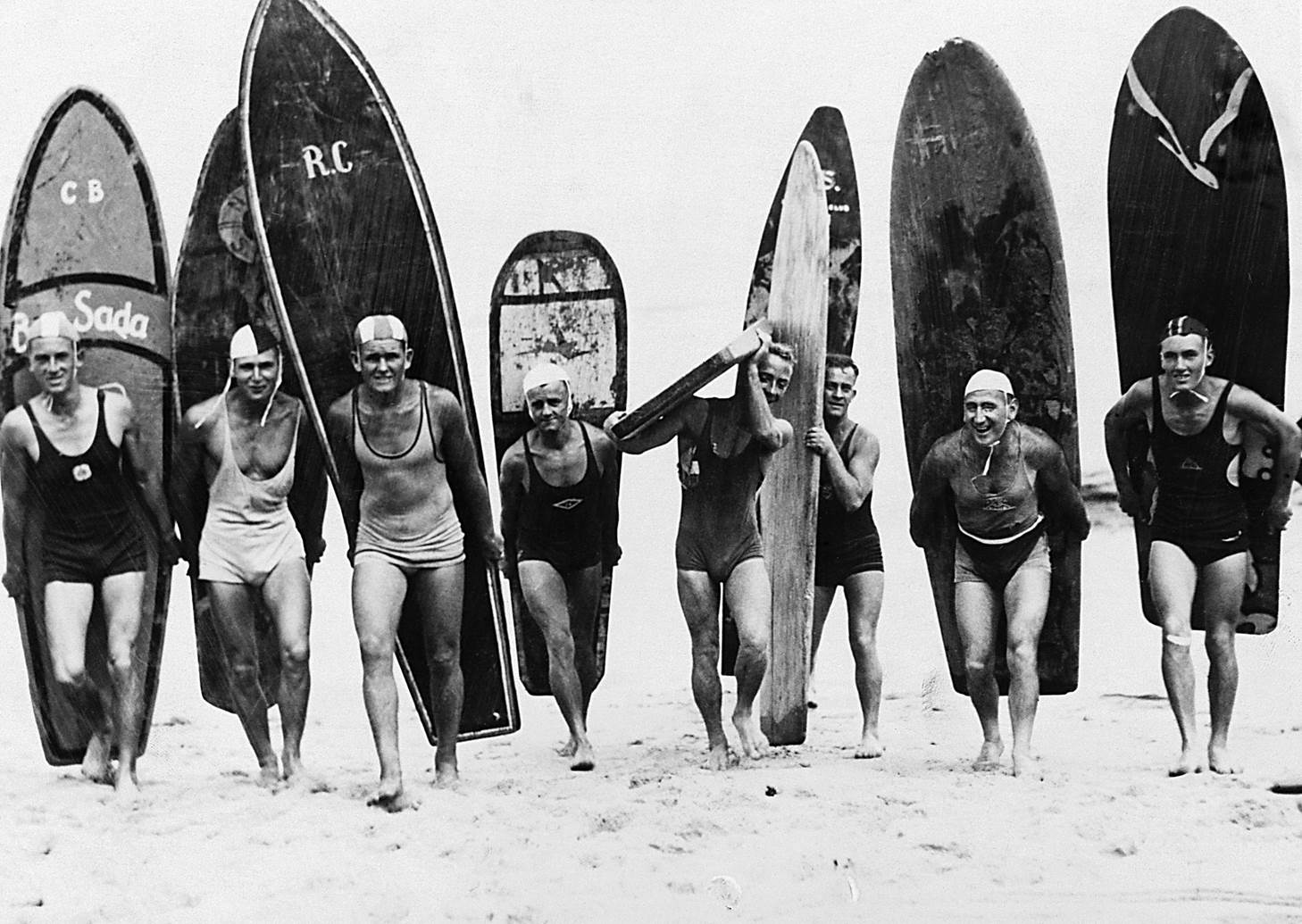One of the things I love most about public sector communications is that good ideas, practice and insight can be shared and transferred elsewhere. Here’s a great example of just that…
by Rob McCleary
I was brought up in inner city Birmingham in a place called Nechells, it was a rough area but I kept out of trouble, scraped through my education and miraculously managed to get a degree in Communications at Lincoln University. It was miraculous because I have never been academic, I always struggled in exams but I’ve always enjoyed being creative and I was very fortunate to get a chance to become a comms officer and eventually become manager here at Gedling Borough Council.
What I have come to realise is that I don’t really know what I’m doing. By this I mean, I don’t know how to explain on paper, academically, how I write press releases, social media posts, manage the council’s reputation and generally, do comms. I don’t have a manual that I can refer to and, even if I did, comms changes every day so there’s no point. Every day is a school day and I rely on my judgement and instincts whilst I continually challenge myself to be better at comms. I’m always trying to improve my skills in areas where they’re weaker such as writing and, particularly, my grammar (writing blog posts that are going to be dissected by peers who will spot your errors helps with that). I’m also always looking at how to improve our engagement with residents.
With this in mind, I set out a way to try and reinvigorate our Full Council meetings. They say imitation is the sincerest form of flattery so I took a leaf out of Doncaster Council’s book (which mainly contains GIFs) and tried something new.
For those who haven’t seen the work being done by Doncaster, they have set the bar very high and have created what I call, the ‘Doncaster Model’. Their strategy involves being human, funny, a little cheeky and very, very, very different to how many council’s behave on social media. Their now famous campaign about the Bullseye boat will go down in the echelons of local authority twitter history.
So, with no plan, no policy and no real idea what I’m doing, other than being inspired by Donny, I went for it at Full Council. I created the usual #GBCCouncil and started a twitter thread, something I hadn’t done before, where you basically reply to your last tweet, creating a long thread, which links all your tweets in once place. I arrived with just my phone and an agenda and I started tweeting.
Here’s what I tweeted in March 2015
BORING!!
So here’s how I began this Full Council meeting this year…
It went on from there as I went through the agenda items one GIF at a time
We even got followers involved with some tongue in cheek polling. It did actually help support what I was doing and boosted my confidence to see we were engaging with residents during the meeting. I had more votes than the chamber!
As you can see, they were a little different to our normal posts which are normally very straight, very bland and zero engagement.
Did it work?
Well, in a word, yes. Our engagement went up 590% on our average engagement. We created 21,400 impressions, 31 retweets and 74 likes. We even had praise for our work…
We got accused of stealing staff from Doncaster Council (as I said, imitation is the sincerest form of flattery)
Even Councillors attending the meeting gave us their feedback…
So there you go. It was a different approach and a much more fulfilling one than our normal meetings. I learnt a lot, I took some risks and the stats proved that this approach had worked.
If anything, it was a reminder that comms can be fun and creative if you try something a little different. I believe that this approach is the future for comms and being ‘more human’ will benefit us all as we try and beat the algorithms to get our work out there.
So it seems being a plonker and having a laugh is a strength, which is great for me. As long as they don’t ask me to write a manual or thesis on how to do this, I’ll be just fine.
Rob McCleary is Communications Manager at Gedling Borough Council
pic by Tullio Saba











